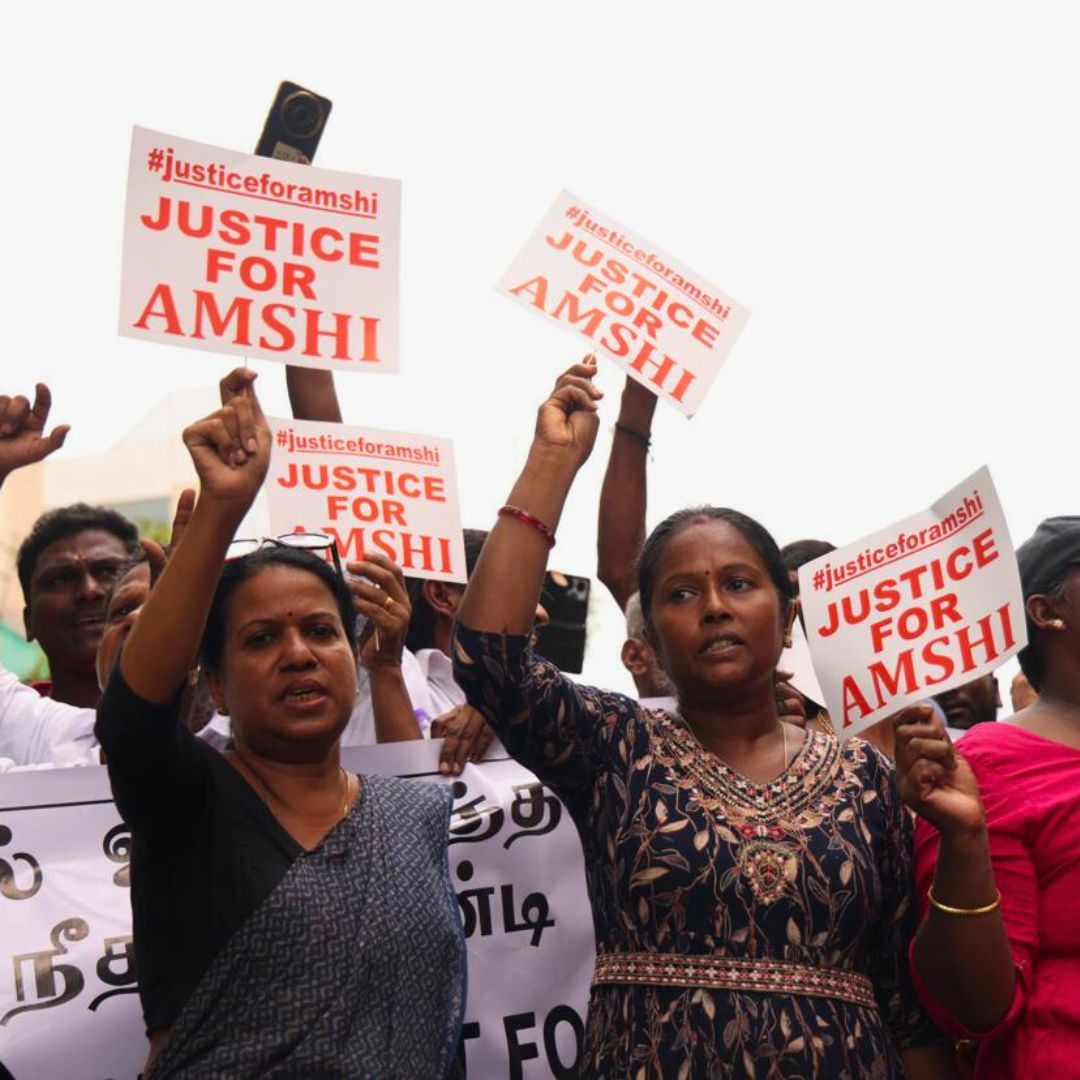Writing on the online sit for Journalists for Democracy in Sri Lanka (JDS), the Tamil journalist, J.S. Tissainayagam, criticised Rajapaksa's intentions on his recent trip to the UK.
See here for full article.
Extracts reproduced below:
Sri Lanka’s president hoped to enhance his image as an acceptable leader through his remarks at the Commonwealth Business Forum.
Rajapakse’s visit was therefore the use of diplomacy both as hard power and soft power.
As far as hard power went it would indicate to his enemies – especially the influential Tamil Diaspora in the UK – that he possessed the means to counter Diaspora activity because as Sri Lanka’s head of state he was essentially on par with the British monarch.
Therefore, Rajapakse went to the UK with an agenda and to use his power to influence certain outcomes. For the Tamil Diaspora this meant it had to not only to thwart Rajapakse’s agenda, but substitute it with its own.
While the objective of thwarting the Sri Lankan president’s agenda is understandable, why did the Tamil Diaspora choose the form of outraged street protests to do so? The display of outrage was partly because negotiations with British and Commonwealth authorities to prevent Rajapakse from attending the jubilee had failed. Further, outrage was the natural outpouring of sentiment from people whose brethren in Sri Lanka were killed and stifled from expressing their feelings or thoughts due to draconian control exercised by the Colombo government. Humiliating Rajapakse was to the Tamil Diaspora pay back to Sri Lanka’s president for the humiliation his government was heaping on the Tamils. Finally, outraged protests are good for the cameras.
The Tamil Diaspora’s campaign in the UK to thwart Rajapakse’s agenda has earned rich dividends. Autocratic leaders crave acceptance by association with symbols of legitimacy – the British monarchy, Oxford University – and strengthening themselves using hard and soft power potential of diplomacy. This, the Tamil Diaspora was able to overturn. Even a cursory glance of the British newspapers bear testimony to this.

